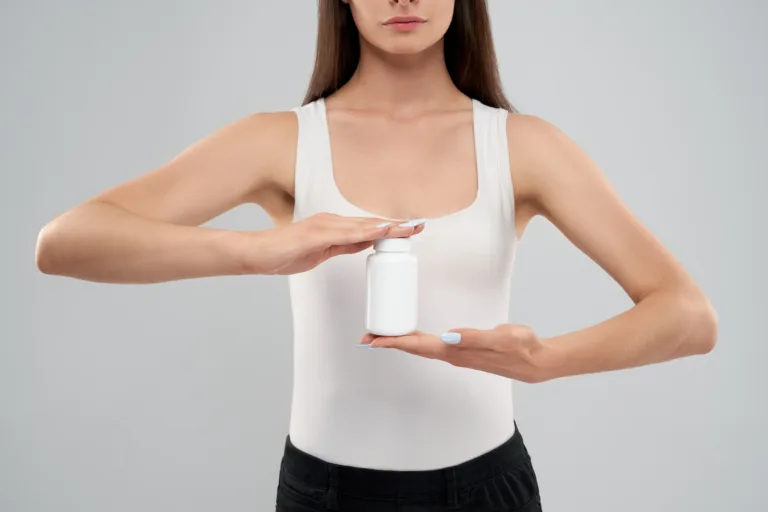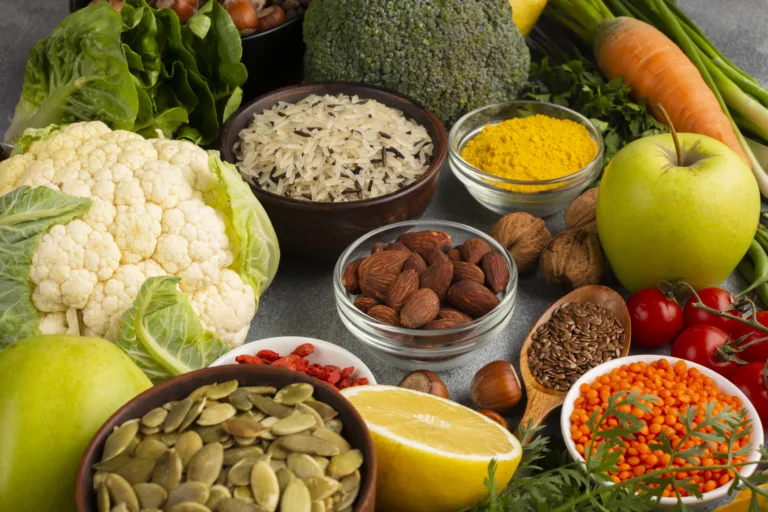Don’t Fall for These Cholesterol-Boosting Supplements: Expert Advice from a Trained Dietitian
As a trained dietitian, I have seen countless patients who are concerned about their cholesterol levels. Cholesterol is a waxy fat-like substance that is made by the liver and expects a section in making synthetics and supplements. While cholesterol is important for our bodies, too much of it can be harmful and lead to various health problems.
In this article, I will discuss the different types of cholesterol, the role of the liver in cholesterol production, and the supplements that claim to lower cholesterol. I will also identify the common cholesterol-boosting supplements to avoid and provide expert advice on managing cholesterol levels naturally.
Understanding the Role of the Liver in Cholesterol Production
The liver is responsible for producing cholesterol in the body. When we consume foods that are high in saturated and trans fats, our liver produces more cholesterol to compensate. This excess cholesterol can build up in the arteries and lead to blockages, which can lead to heart attacks and strokes.
Understanding Good and Bad Cholesterol
There are two types of cholesterol: high-density lipoprotein (HDL) and low-density lipoprotein (LDL). HDL is often referred to as “good” cholesterol because it helps to remove LDL from the bloodstream and transport it to the liver for processing. LDL, on the other hand, is often referred to as “bad” cholesterol because it can build up in the arteries and increase the risk of heart disease and stroke.
LDL is frequently alluded to as “awful” cholesterol since it can develop in the corridors, while HDL is known as “good” cholesterol because it helps remove excess cholesterol from the body.

Supplements That Claim to Lower lipid – Do They Work?
Many supplements claim to lower cholesterol levels, but do they really work? The truth is, there is no magic pill or supplement that can lower cholesterol levels on its own. While some supplements may have a slight effect on cholesterol levels, they are not a substitute for a healthy diet and lifestyle.
In fact, some supplements may actually do more harm than good. For example, supplements that contain high levels of niacin (a type of B vitamin) can cause liver damage and increase the risk of developing diabetes.
Common Cholesterol-Boosting Supplements to Avoid
It is important to be aware of the supplements that can increase cholesterol levels. One such supplement is red yeast rice. While it is marketed as a natural alternative to statin drugs, it contains a compound called monacolin K, which is chemically identical to lovastatin, a prescription statin drug.
Other supplements to avoid include garlic supplements, which have been found to have little to no effect on cholesterol levels, and policosanol, which has been shown to have no significant effect on cholesterol levels.
Expert Advice from a Trained Dietitian on Managing Cholesterol Levels
As a trained dietitian, my advice for managing cholesterol levels naturally is to focus on a healthy diet and lifestyle. This includes:
- Eating an eating regimen wealthy in organic products, vegetables, entire grains,
and less quantity of protein.
- Limiting saturated and trans fats, which can increase cholesterol levels.
- Exercising regularly to help lower cholesterol levels and improve overall health.
- Quitting smoking, which can raise cholesterol levels and increase the risk of heart disease.
It is also important to work closely with your healthcare provider to monitor your cholesterol levels and determine the best course of treatment if necessary.

Foods That Can Naturally Lower Cholesterol
In addition to following a healthy diet and lifestyle, there are certain foods that can help lower cholesterol levels. These include:
- Oats and oat bran, which contain a type of fiber called beta-glucan that can help lower LDL cholesterol
- Nuts, such as almonds and walnuts, which are high in unsaturated fats that can help lower LDL cholesterol
- Fatty fish, such as salmon and tuna, which are high in omega-3 fatty acids that can help lower triglycerides and increase HDL cholesterol.
Healthy Lifestyle Habits to Improve Cholesterol Levels
In addition to following a healthy diet, there are other lifestyle changes that can help improve cholesterol levels. These include:
- Maintaining a healthy weight, as being overweight or obese can increase cholesterol levels.
- Getting enough sleep, as sleep deprivation can increase cholesterol levels.
- Managing stress, as chronic stress can increase cholesterol levels.
- Limiting alcohol consumption, as excessive alcohol consumption can raise triglyceride levels and increase the risk of heart disease.
The Importance of Regular Screenings
Finally, it is important to get regular cholesterol screenings to monitor your cholesterol levels and identify any potential issues early on. This is especially important if you have a family history of high cholesterol or heart disease.
Cholesterol screenings are typically done every five years for adults over the age of 20. If you have high cholesterol or other risk factors for heart disease, your healthcare provider may recommend more frequent screenings.
Conclusion and Key Takeaways for Managing Cholesterols Levels Naturally
In conclusion, while there are many supplements on the market that claim to lower cholesterol levels, they are not a substitute for a healthy diet and lifestyle. Instead, focus on eating a diet rich in fruits, vegetables, whole grains, and lean protein, exercising regularly, quitting smoking, and working closely with your healthcare provider to monitor your cholesterol levels.
By following these tips and making lifestyle changes, you can manage your cholesterol levels naturally and reduce your risk of heart disease. Remember to get regular cholesterol screenings and make adjustments to your diet and lifestyle as needed to maintain optimal health.
Common Cholesterols-Boosting Supplements to Avoid
There are several supplements that claim to lower cholesterol levels but may have the opposite effect. These include:
Red Yeast Rice
Red yeast rice is a supplement that is often used to lower cholesterol levels. It contains a natural form of lovastatin, which is a statin drug commonly used to lower cholesterol levels. However, red yeast rice can vary in strength and purity and may contain harmful contaminants.
Niacin
Niacin, also known as vitamin B3, is a supplement that is often used to lower cholesterol levels. While niacin can lower LDL cholesterol levels, it can also increase the risk of liver damage, gout, and high blood sugar.
Garlic
Garlic is a supplement that is often used to lower cholesterol levels. While garlic may have some cholesterol-lowering effects, the evidence is mixed and more research is needed to confirm its effectiveness.
Plant Sterols and Stenos
Plant sterols and stenos are compounds that are often added to foods such as margarine, orange juice, and yogurt to lower cholesterol levels. While these compounds can lower LDL cholesterol levels, they can also decrease the absorption of other nutrients, such as beta-carotene.

